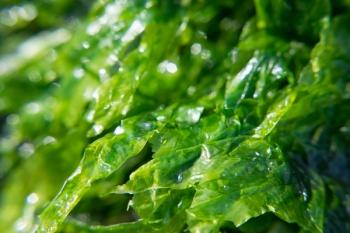
Vitamin K Status May Differ by Race, Ethnicity
Researchers looked at vitamin K1 status across race and ethnicity and found significant differences.
Researchers from Wake Forest University, Tufts University, and the University of Texas School of Public Health measured serum phylloquinone (K1) levels in over 704 male and female subjects who were white, Hispanic, African-American, or Chinese-American. Of those with detectable levels, low serum K1 status (less than 0.1 nmol/L) was found in 24% of whites, 33% of Hispanics, 29% of African-Americans, and 4% of Chinese-Americans.
While the results indicate a great discrepancy between K1 status and race and ethnicity, more higher-powered research is warranted.
These findings were part of the Multiethnic Study of Atherosclerosis (MESA).
The researchers say their interest in the study came from data suggesting that diseases related to vitamin K1 differ by race and ethnicity.
Newsletter
From ingredient science to consumer trends, get the intel you need to stay competitive in the nutrition space—subscribe now to Nutritional Outlook.




